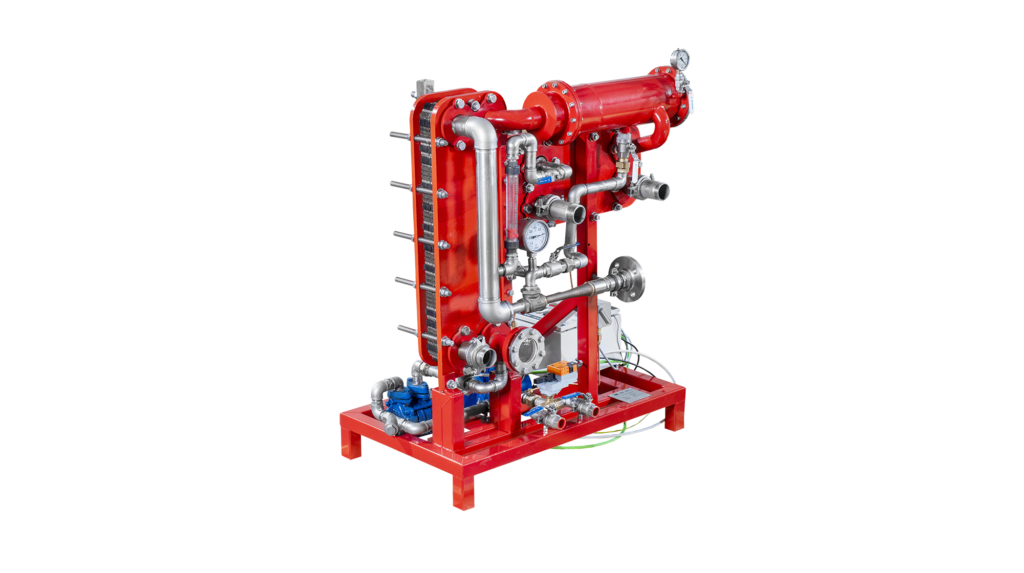Evaporation is a process of filtering a mixture by separating the solvent from the solute through the application of heat. This method is often used in industries such as food and beverage, pharmaceuticals, and chemicals.
In this method, the mixture is heated until the solvent evaporates and leaves behind the solute. The evaporated solvent can be collected and reused, while the remaining solute can be further processed or discarded. Evaporation can be carried out in various types of equipment, such as evaporators, distillation columns, and drying ovens.
One of the advantages of evaporation as a filtration method is its ability to handle large volumes of liquid mixtures. It is also a relatively simple and cost-effective process that can be easily scaled up or down depending on the production needs. Additionally, evaporation can be used to recover valuable solvents or other materials from the mixture, reducing waste and improving overall efficiency.
However, one of the limitations of evaporation as a filtration method is its dependence on the volatility of the solvent. Some solvents may have high boiling points, which can make the evaporation process slow and inefficient. Additionally, evaporation may not be suitable for mixtures that are sensitive to heat or that may decompose under high temperatures. In such cases, other filtration methods such as distillation or membrane filtration may be more appropriate.

